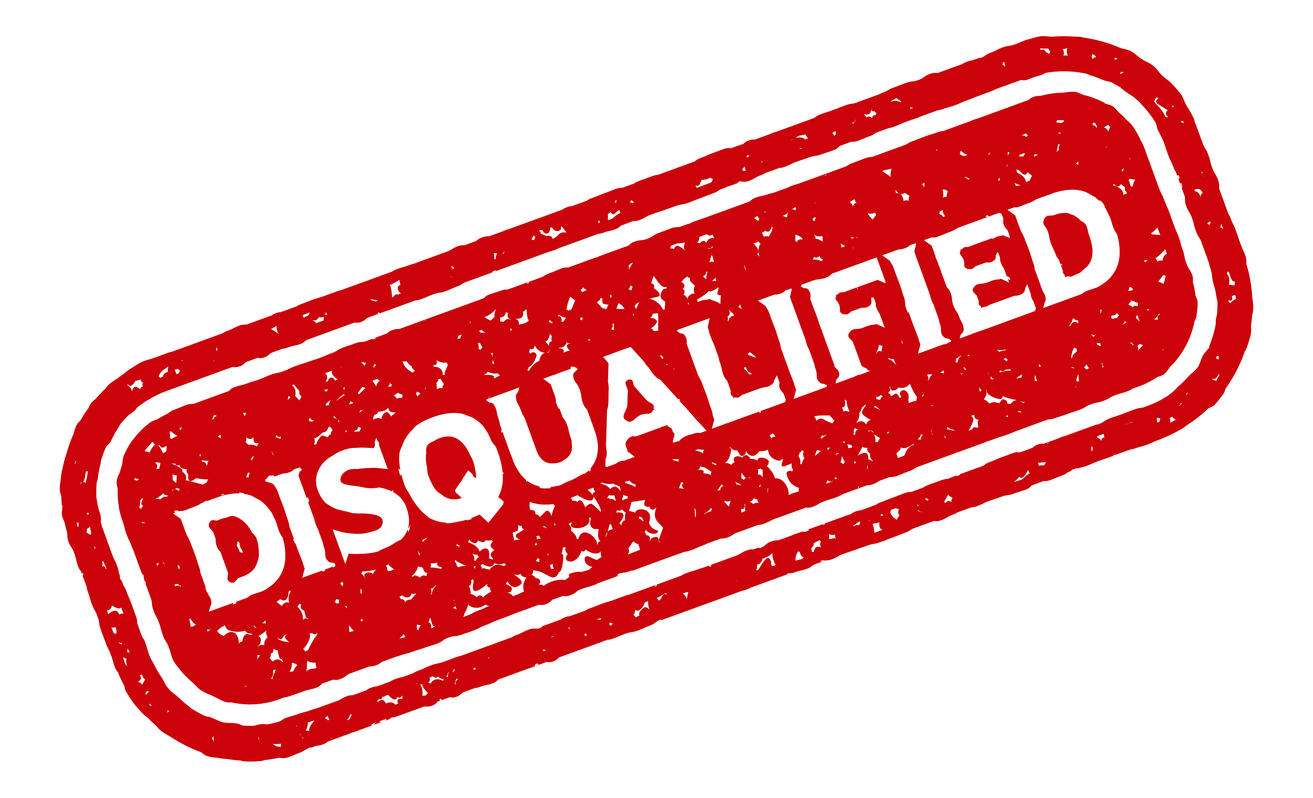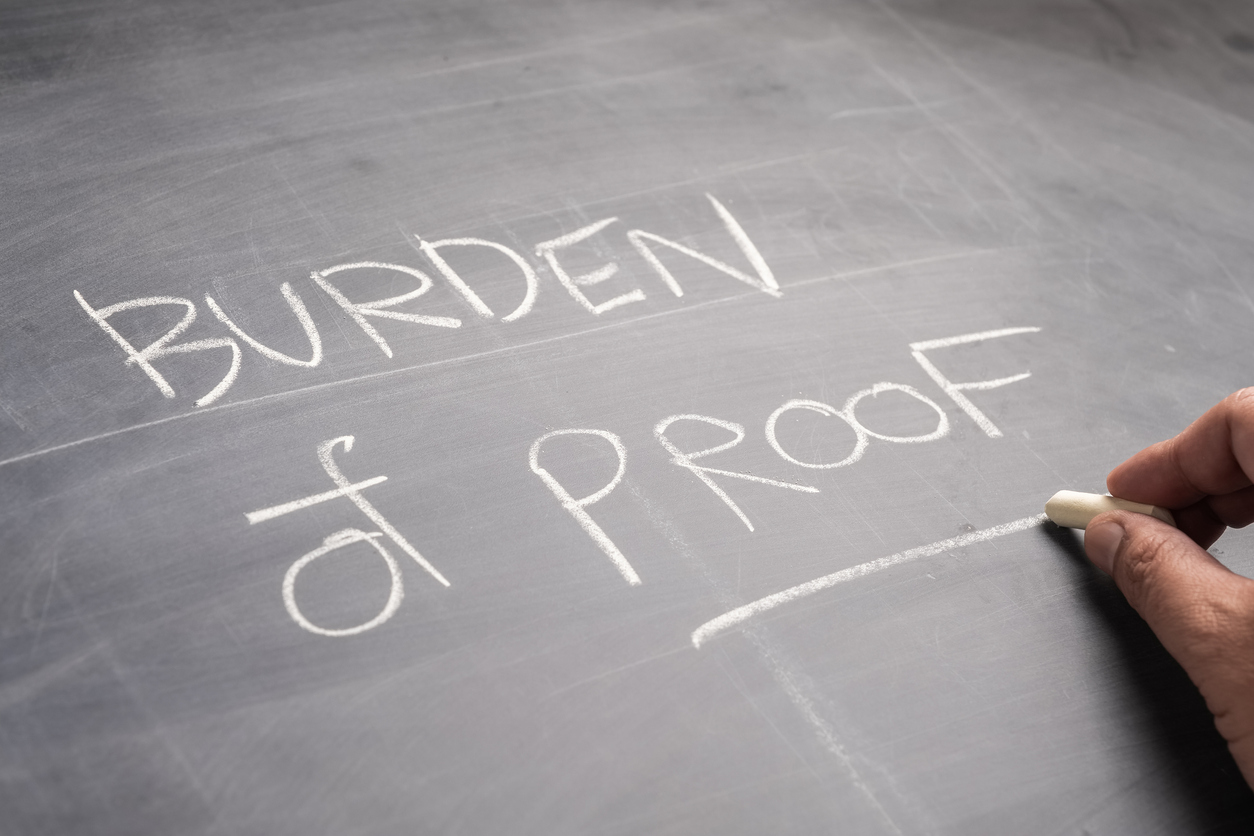Is USAA a bad faith insurer? Active duty and retired military people often ask me if USAA treats their policyholders fairly and whether it is a "good insurance company." My father, a former Admiral in the United States Coast Guard, is insured by USAA. My sister is awaiting promotion as a captain in the Coast Guard Reserve. Our law firm has had numerous claims and lawsuits with USAA.
In many instances, USAA denied claims, and we alleged USAA acted in bad faith. USAA markets and advertises all kinds of syrupy promises to military personnel. It is no wonder they are upset when they have not been treated fairly and in good faith.
At the same time, I have also heard stories of USAA adjusters giving the benefit of the doubt to their customers and paying large amounts on rather questionable coverage claims. I know quite a few former adjusters and have spoken at length regarding USAA’s company culture and claims mentality. I have taken numerous depositions, reviewed other cases, and have listened to or read transcripts of USAA executives describing their company. There are many stories of great claim service.
My answer to whether USAA is a "good insurance company:" it depends. Often, USAA is a great, but sometimes its customers are not treated fairly and in good faith. As I tell those who ask, there are no statistics–so who really knows? Whether USAA customers get the tremendous service promised and due seems to depend on the adjuster assigned and the management pressures placed on that adjuster. I have a similar opinion regarding many insurance companies.
A Texas jury found USAA guilty of deceptive or unfair claims practices and failing to act in good faith in the Hurricane Ike claim of Joseph and Joann Hayes. A copy of the verdict is attached and should be studied by all interested in bad faith jury instructions. The case should be kept by policyholder advocates as part of a "rap sheet" for USAA claims misconduct.
The case was tried for the policyholders by Rene Sigman and Randy Cashiola. Rene has always been a class act in all my dealings with her during the Hurricane Ike litigation. They defeated a very experienced insurance defense attorney, Chris Martin. I bet there will be significant post-trial motions and, possibly, appeals before USAA pays. It is always important to remember these cases are not over until all the appeals are final.
One thing is certain–USAA is not going to advertise this verdict. It would be interesting to know how often and how much USAA spends fighting its own customers. It would also be interesting if USAA disclosed their claims initiatives and internal operating claims procedures. Honest people have nothing to hide, right? I am not holding my breath for such disclosures, but they would lead to a more accurate answer for people considering their products.



